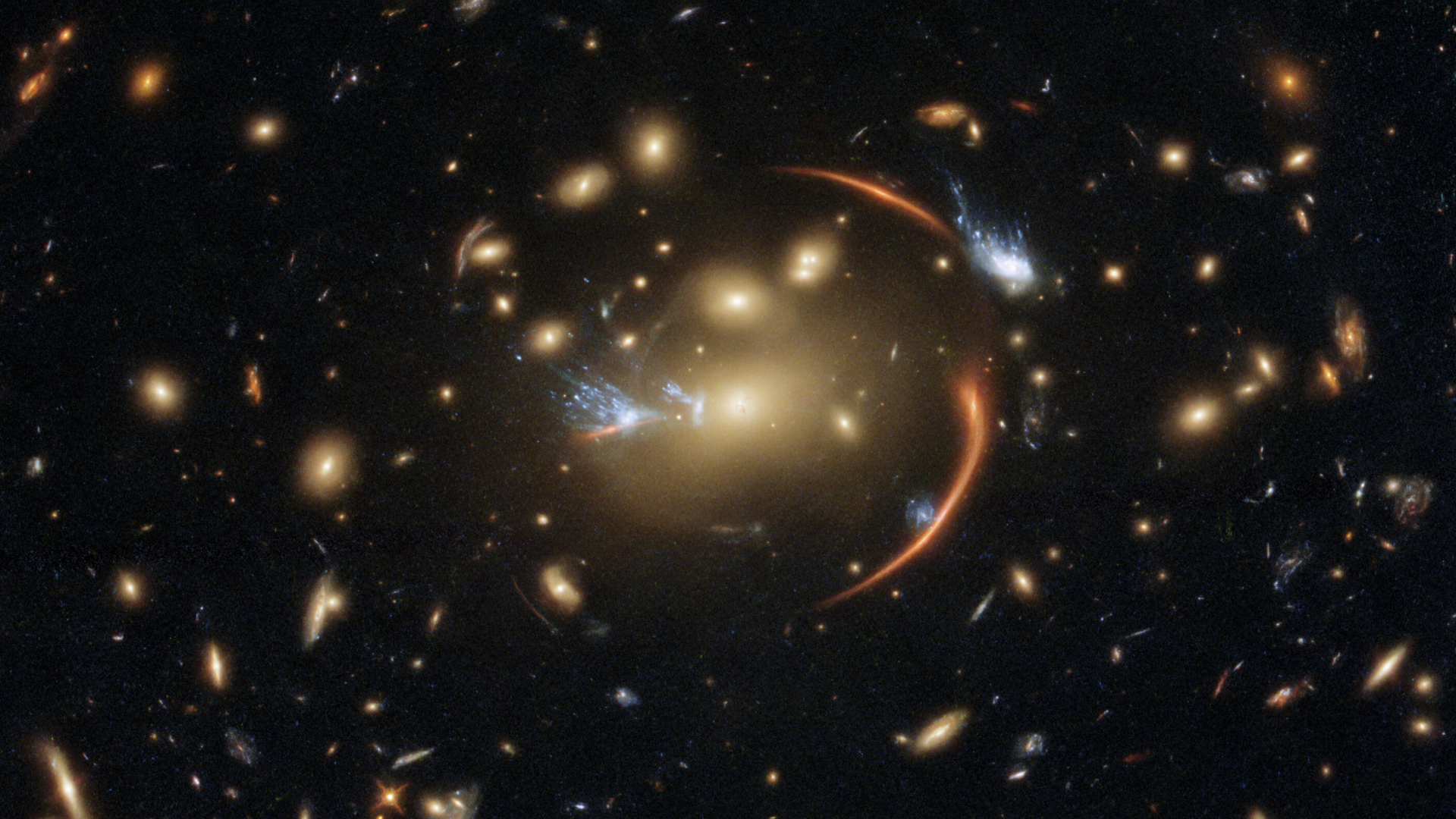How Could Hot Drinks Cause Cancer?

Get the world’s most fascinating discoveries delivered straight to your inbox.
You are now subscribed
Your newsletter sign-up was successful
Want to add more newsletters?

Delivered Daily
Daily Newsletter
Sign up for the latest discoveries, groundbreaking research and fascinating breakthroughs that impact you and the wider world direct to your inbox.

Once a week
Life's Little Mysteries
Feed your curiosity with an exclusive mystery every week, solved with science and delivered direct to your inbox before it's seen anywhere else.

Once a week
How It Works
Sign up to our free science & technology newsletter for your weekly fix of fascinating articles, quick quizzes, amazing images, and more

Delivered daily
Space.com Newsletter
Breaking space news, the latest updates on rocket launches, skywatching events and more!

Once a month
Watch This Space
Sign up to our monthly entertainment newsletter to keep up with all our coverage of the latest sci-fi and space movies, tv shows, games and books.

Once a week
Night Sky This Week
Discover this week's must-see night sky events, moon phases, and stunning astrophotos. Sign up for our skywatching newsletter and explore the universe with us!
Join the club
Get full access to premium articles, exclusive features and a growing list of member rewards.
People who drink very hot beverages may increase their risk of developing cancer, a new investigation by the World Health Organization (WHO) has found. The International Agency for Research on Cancer (IARC), the cancer agency of WHO, said last week that it classifies very hot beverages as "probably carcinogenic to humans."
Specifically, drinking beverages at or above 149 degrees Fahrenheit (65 degrees Celsius) can cause cancer to develop in the esophagus, the IARC researchers wrote in their article, published June 15 in the journal The Lancet Oncology.
So what is it about drinking hot beverages that may lead a person to develop cancer?
Hot beverages in the U.S. tend to be served at temperatures between 140 and 160 degrees F (60 to 71 degrees C), according to o\Adriana Salmon, a clinical nutritionist at the MD Anderson Cancer Center at the University of Texas, who wasn't involved in the current study. Salmon recommended that people wait until their coffee or tea cools a tad before imbibing. Or, she said, go with the cold variety of your hot drink. [10 Surprising Facts About Coffee]
Throat burns
Coffee, tea or other hot beverages at or above the cutoff temperature can burn the esophagus, and it's that scalding that seems to trigger cancer, according to the report.
Such burns from hot beverages can damage the cells of the esophagus, Salmon said. This link between hot drinks and cancer works in a similar way to the link between alcohol consumption and esophageal cancer, the eighth-most-common form of cancer worldwide, she said.
Get the world’s most fascinating discoveries delivered straight to your inbox.
"Alcohol, for example, is related to increased risk of cancer because the alcohol technically damages the throat or the cells of the esophagus," Salmon told Live Science. "Something that's too hot could potentially also [cause] damage."
Mariana Stern, one of the 23 scientists on the IARC committee that wrote the report, explained that information on how hot beverages lead to cancer are "scant."
"The current standing hypothesis is that thermal injury of the lining of the esophagus may contribute to cancer formation," Stern told Live Science. "Whether by itself or in conjunction with exposure to other carcinogenic agents, it is not clear yet."
Past research in mice and rats showed that animals that had been exposed to very hot beverages after already having been exposed to thenitrosamines, carcinogenic chemical compounds found in tobacco, had an increased risk for the formation of tumors, said Stern, an associate professor of preventive medicine and urology at the Keck School of Medicine of USC. Some studies on humans also showed limited evidence that hot drinks were associated with an increased risk of esophageal cancer, Stern added.
How hot coffee leads to cancer
Though she was not part of the discussion at IARC, Stern offered some speculation as to how the cancer could develop. [10 Do's and Don'ts to Reduce Your Risk of Cancer]
"We are constantly exposed to carcinogenic substances in the environment (pollutants, carcinogens in foodstuffs, smoking, secondhand smoke, alcohol) and internally (oxidative stress radicals, etc.), all of which could contribute to DNA damage in our body," Stern said. "Sometimes, this damage by itself does not go very far, unless cells are stimulated to divide and grow, and other changes occur in the cell environment."
When cells in the esophagus are exposed to very hot beverages, it can injure cells and spur new tissue to be renewed, and that "might promote the proliferation of cells, [and] affect the cell environment and its inflammatory state," Stern said. "And if some of this happens among cells that have some mutations that allow them to grow faster, a tumor can grow."
"Clearly, more research will need to happen in the coming years to understand how thermal injury of the esophagus contributes to cancer formation," Stern added.
Dr. Brant Oelschlager, an esophageal surgeon at the University of Washington, suggested a similar mechanism that involves the repeated damage to the skin cells lining the esophagus as a person drinks their hot morning coffee every morning.
The esophagus is lined with a type of cell called squamous-type epithelial cells, the same type as the skin, Oelschlager told Live Science in an email. "Severe burns are also known to occasionally form skin cancers in the scars," Oelschlager said in the email. "The same thing probably happens here. The esophagus gets burned repeatedly, and the repeated injury and regeneration of the lining occasionally replicated itself incorrectly (in the DNA sequence) and forms a cancer."
To save your esophagus, do not "go above and beyond asking for things to be extra-hot," Salmon warned. "Either order your drink cold — which is perfect now, because it's summer — but if not, just don't drink it [while it's still] too hot," Salmon said.
Original article on Live Science .

 Live Science Plus
Live Science Plus










